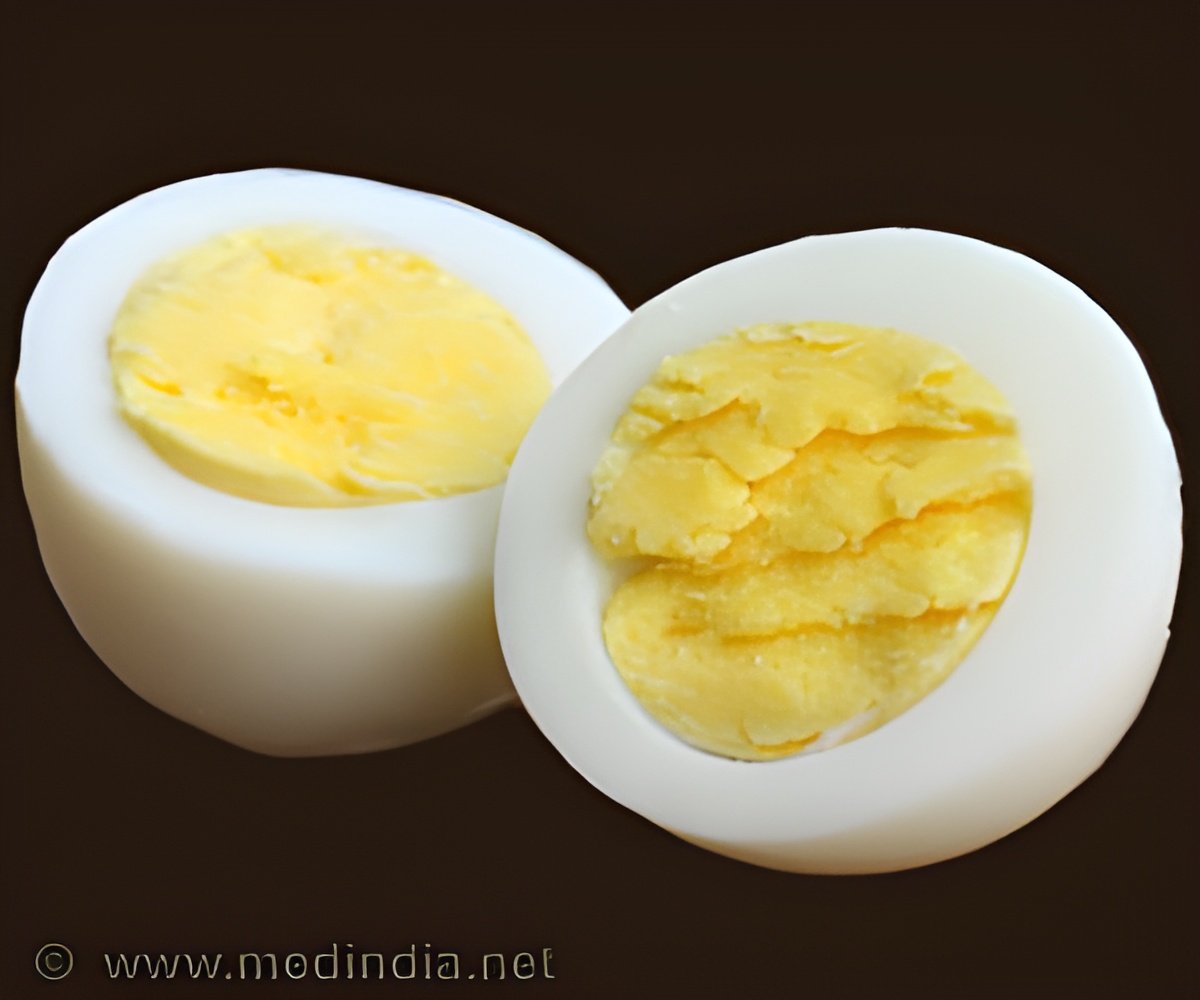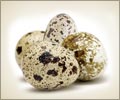
‘One food can improve the nutrition value of another food when they are consumed together.’
Tweet it Now
"This study is novel because we measured the absorption of Vitamin E from real foods, rather than supplements, which contain mega-dose amounts of Vitamin E," Kim noted. Vitamin E, which is absorbed along with dietary fats, is often found in oils, seeds and nuts.
Eggs, a nutrient-rich food containing essential amino acids, unsaturated fatty acids and B vitamins, also contain a small amount of vitamin E.
This study accounted for how much total vitamin E was absorbed when vitamin E containing foods were co-consumed with whole eggs.
This research supports a way to increase the absorption of vitamin E found in foods that contain low dietary fat.
Advertisement
"Now consumers can easily improve their diets by adding eggs to a salad that boasts a variety of colourful vegetables," Wayne Campbell, Professor of Nutrition Science at Purdue University pointed out.
Advertisement
Source-IANS














